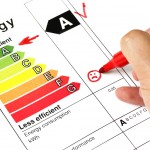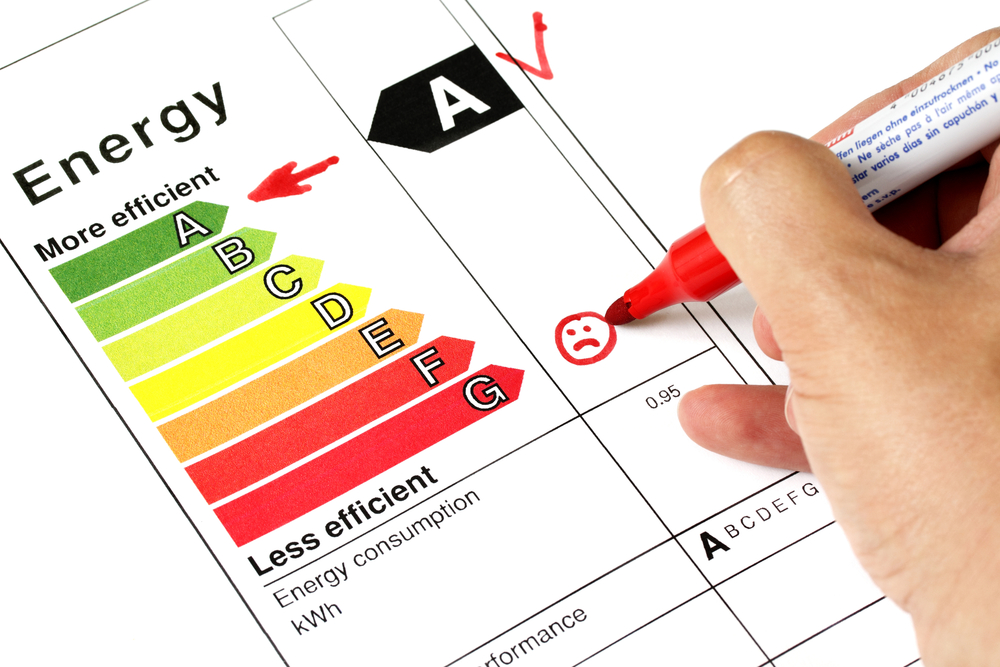Landlords will not be able to refuse their consent without good reason, but tenants will need to ensure that they have a way of funding improvements at no cost to the landlord, unless otherwise agreed. This may prove difficult, as it was originally expected that the Green Deal, which was closed down in July last […]
 Landlords will not be able to refuse their consent without good reason, but tenants will need to ensure that they have a way of funding improvements at no cost to the landlord, unless otherwise agreed.
Landlords will not be able to refuse their consent without good reason, but tenants will need to ensure that they have a way of funding improvements at no cost to the landlord, unless otherwise agreed.
This may prove difficult, as it was originally expected that the Green Deal, which was closed down in July last year, would provide much of the funding for this initiative.
Making these improvements can be beneficial to both tenants and landlords, saving on costs and having a positive impact on the environment.
A property that is energy efficient can also be an attractive prospect for potential tenants.
According to a recent survey by the National Landlords Association, 35% of tenants said they considered the energy efficiency of a property to be an important factor when choosing a place to live.
Richard Lambert, chief executive officer at the NLA, said: “We encourage all landlords to think about how they may benefit from making energy efficiency improvements, as many can be made with little or no upfront cost, and can have a positive impact on the lives of tenants, their lettings businesses, and the environment in general.
“Lower fuel bills and more comfort mean that tenants may be inclined to stay for longer, thus reducing void periods.”















This doesn’t sound right. This means that tenants would have to pay for improvements to properties that they don’t own? Can someone clarify this please?